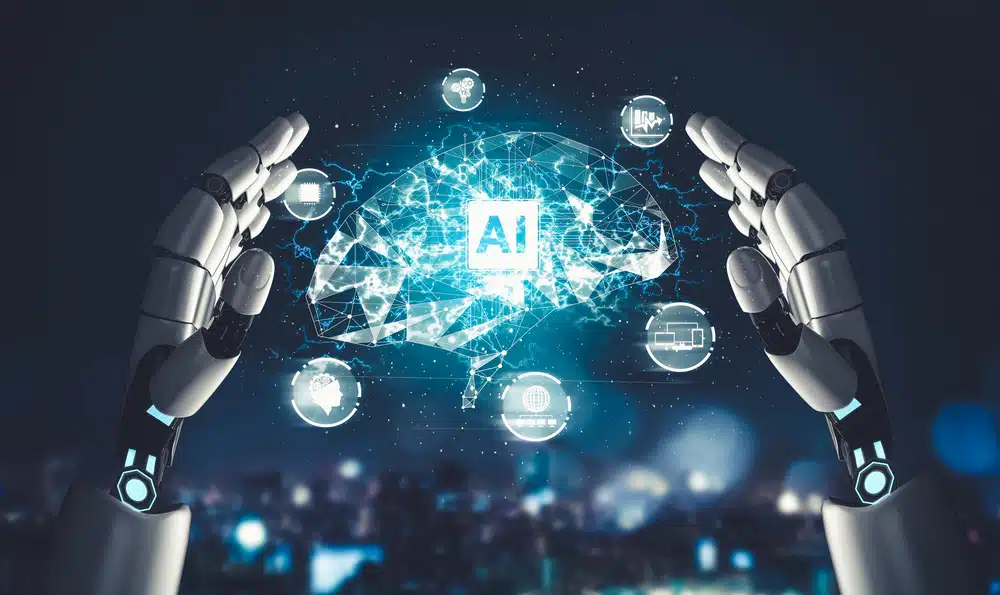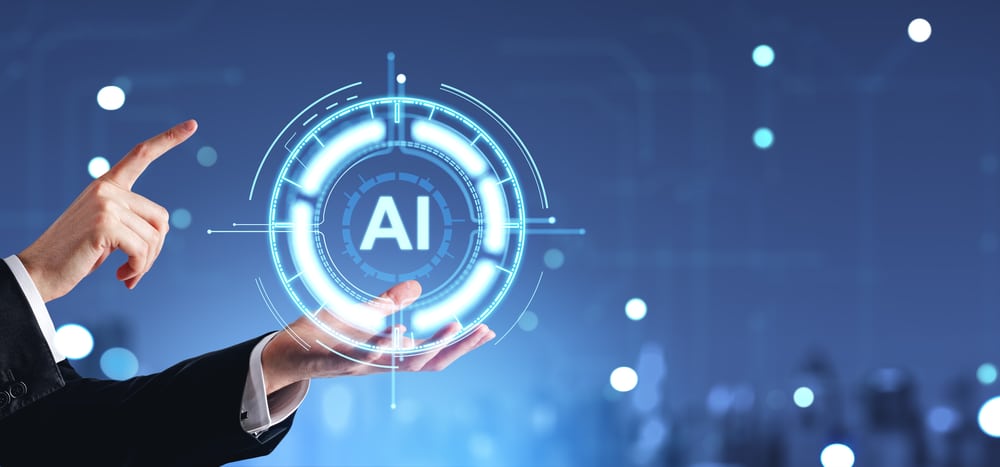
Skills crisis forces risky security shortcuts
A growing cybersecurity skills crisis is forcing 64 percent of the organizations across Europe the Middle East and Africa to take risky shortcuts and temporary fixes to meet security demands.
Research from Insight Enterprises shows only 24 percent of IT decision-makers across EMEA say they have sufficient in-house cyber skills to keep pace with evolving threats. These shortages are delaying key initiatives (57 percent) and leaving more than half (57 percent) struggling to meet compliance requirements.

Helpdesks struggle to keep up with cyber threats
Helpdesks are bogged down by repetitive, time-consuming tasks (34 percent), long resolution times (34 percent) and limited resources (31 percent).
This is among the findings of the latest digital employee experience (DEX) report from Ivanti. It shows that while many businesses are automating certain operations, like security patch management (72 percent) and IT ticket routing (67 percent), but nearly 40 percent still haven't automated password resets -- missing an easy win that could eliminate countless routine support tickets.

Poor data quality is the biggest barrier to AI in insurance
Almost three-quarters of insurance underwriters say fragmented, siloed, and unstructured data -- not technology -- is the main barrier to AI transformation.
New research carried out by Reuters for technology transformation specialist CI&T shows that data fragmentation, unstructured formats, and siloed systems are the real roadblocks to delivering faster, more accurate underwriting and pricing.

Only 37 percent of recruiters prepared for AI’s impact on hiring
A new survey of 1,000 US HR and recruiting leaders shows teams are struggling to verify skills, assess culture fit, and find qualified candidates and that only 37 percent are prepared for an AI-driven future
The study from TestGorilla finds 58 percent struggle to verify skills on resumes, 47 percent find it difficult to identify candidates aligned with the company culture, and 43 percent cite a lack of skilled candidates in the market.

Over half of UK SMEs set to adopt AI in the next year
A new report shows that 52 percent of UK SMEs are already using or plan to adopt AI tools within the next 12 months.
The study, from fintech company SumUp, is based on a survey of 750 business owners and decision makers within small UK businesses and finds that 27 percent see AI mostly as an opportunity, highlighting its potential to drive growth or increase efficiency.

Maximizing value from Microsoft 365 [Q&A]
Many organizations have now adopted Microsoft 365 as a central part of their office service provision. But are they getting the most out of the software that they’re paying for?
We spoke to Vadim Vladimirskiy, CEO of Nerdio, about how businesses can use more than just the big services and why it’s important to understand sizing and bolt-ons in order to extract maximum value from their M365 investment.

The challenge of moving AI from prototype to production [Q&A]
More organizations are turning to AI to assist in their digital transformation efforts, but many projects get stuck in the pilot phase.
That’s not necessarily a sign of failure though. Rather, it reflects that AI is still in its formative stage, with its most transformative impact still ahead. We spoke to Nadav Eiron, SVP of cloud engineering at Crusoe to learn more about how AI can transition from experimentation to integration, and from potential to permanence.

Why the future of AI isn’t about better models -- it’s about better governance [Q&A]
The rise of generative and agentic AI is transforming how data is accessed and used, not just by humans but by non-human AI agents acting on their behalf. This shift is driving an unprecedented surge in data access demands, creating a governance challenge at a scale that traditional methods can’t handle.
If organizations can’t match the surge in access requests, innovation will stall, compliance risks will spike, and organizations will reach a breaking point. Joe Regensburger, VP of research at Immuta, argues that the solution isn’t more powerful AI models; it’s better governance. We talked to him to learn more.

Organizations embrace AI but lack proper governance over development
According to new research 93 percent of firms in the UK today use AI in some capacity, but most lack the frameworks to manage its risks and don’t integrate AI governance into their software development processes.
The study from Trustmarque shows only seven percent have fully embedded governance frameworks to manage AI risks. In addition a mere four percent consider their technology infrastructure fully AI-ready, and just eight percent have integrated AI governance into their software development lifecycle.

Financial firms keen to use AI but their data isn't ready
A new study into AI readiness shows that while financial services firms are ready to adopt AI, they still have work to do in terms of improving data quality and modernizing systems.
The study from Indicum finds many financial services firms are hindered by legacy data systems and outdated IT infrastructure, which often lack the real-time processing and data quality capabilities required for effective AI deployment.

Addressing key tech challenges in the public sector [Q&A]
Earlier this year the UK government released its State of digital government review, looking at how the public sector must urgently transform the way it approaches digital technology.
But with escalating cybersecurity threats, fragmented data strategies, and a widening digital skills gap, the sector may be setting itself up to fail. We spoke to Adam Casey, director of cyber security and CISO at tmc3, a Qodea company, to discuss the challenges the report raises and how they can be addressed.

Enterprise tech executives cool on the value of AI
Although enterprise AI investment continues to accelerate, executive confidence in the strategies guiding this transformation is falling according to a new report.
The research from Akkodis, looking at the views of 500 global Chief Technology Officers (CTOs) among a wider group of 2,000 executives, finds that overall C-suite confidence in AI strategy dropped from 69 percent in 2024 to just 58 percent in 2025. The sharpest declines are reported by CTOs and CEOs, down 20 and 33 percentage points respectively.

Lack of 'digital dexterity' set to harm public sector AI investment
We reported a few weeks ago on the challenges businesses face in getting workers to adapt to new generative AI technology.
The latest report from digital experience specialist Nexthink, based on a survey of 220 public sector IT decision makers, shows that this is a particular problem in the public sector, with 96 percent of IT leaders believing this new era of digital transformation will increase digital friction.

The practical approach to building a data mesh [Q&A]
As businesses continue to generate and rely on vast amounts of data, the traditional approach to managing that data is no longer sufficient.
Enter the concept of a data mesh -- a decentralized, domain-driven approach to data architecture that promises to transform how organizations handle and leverage their data. But the question remains: should a business create a data mesh? What value does it add, and what challenges does it help solve?

How network APIs are transforming telcos [Q&A]
As network Application Programming Interfaces (APIs) unlock more advanced capabilities like Quality on Demand, Device Location, Number Verification, and SIM Swap, they will also support cutting-edge solutions like private 5G networks using network slicing, which grants enterprises greater autonomy and control over their wireless networks.
We spoke to Doug Makishima, advisor to the Mobile Ecosystem Forum, to discuss the impact of network APIs as well as how mobile network operators (MNOs) are moving from being 'data pipes' to adopting Network-as-a-Service (NaaS) models and what this means for the industry
